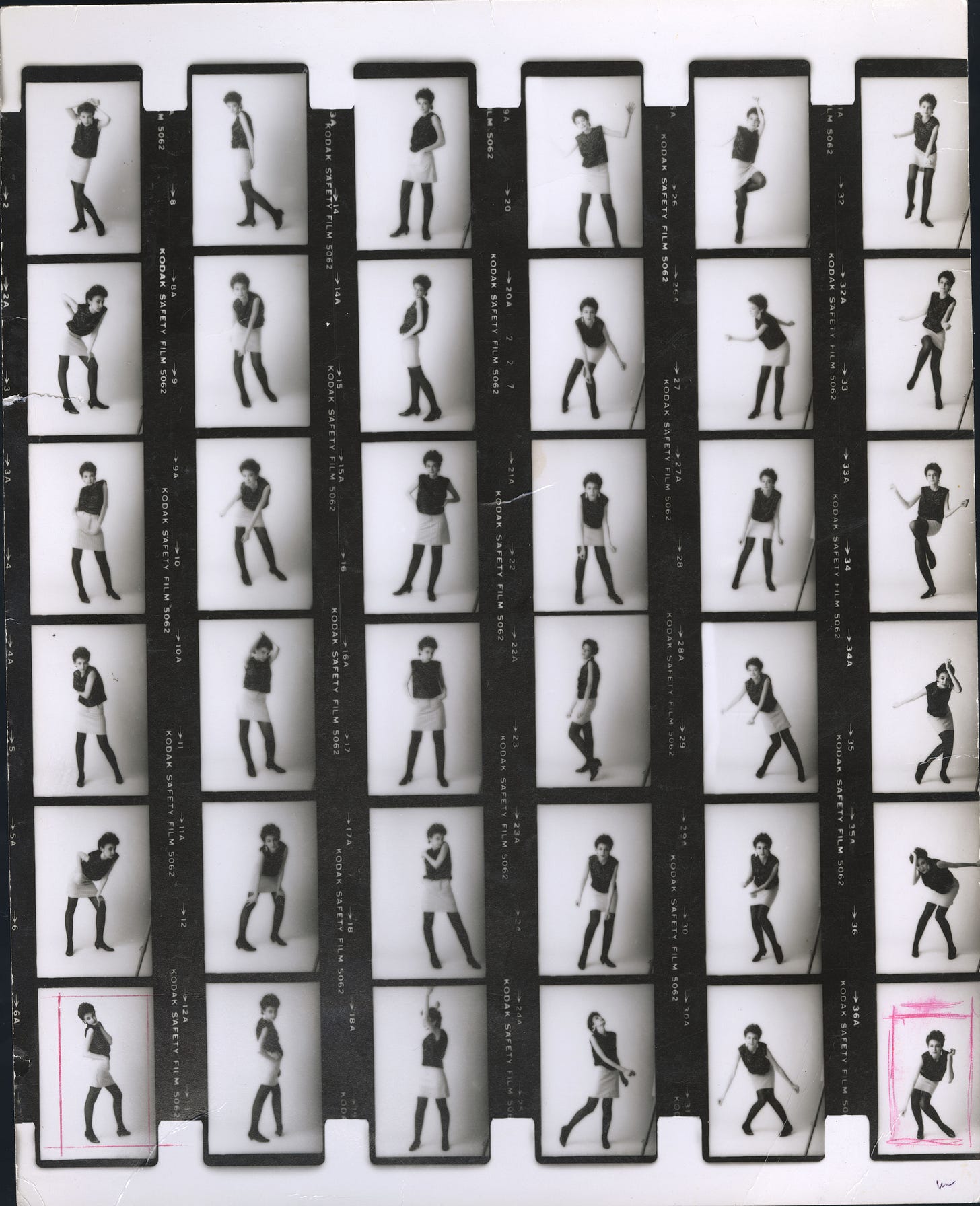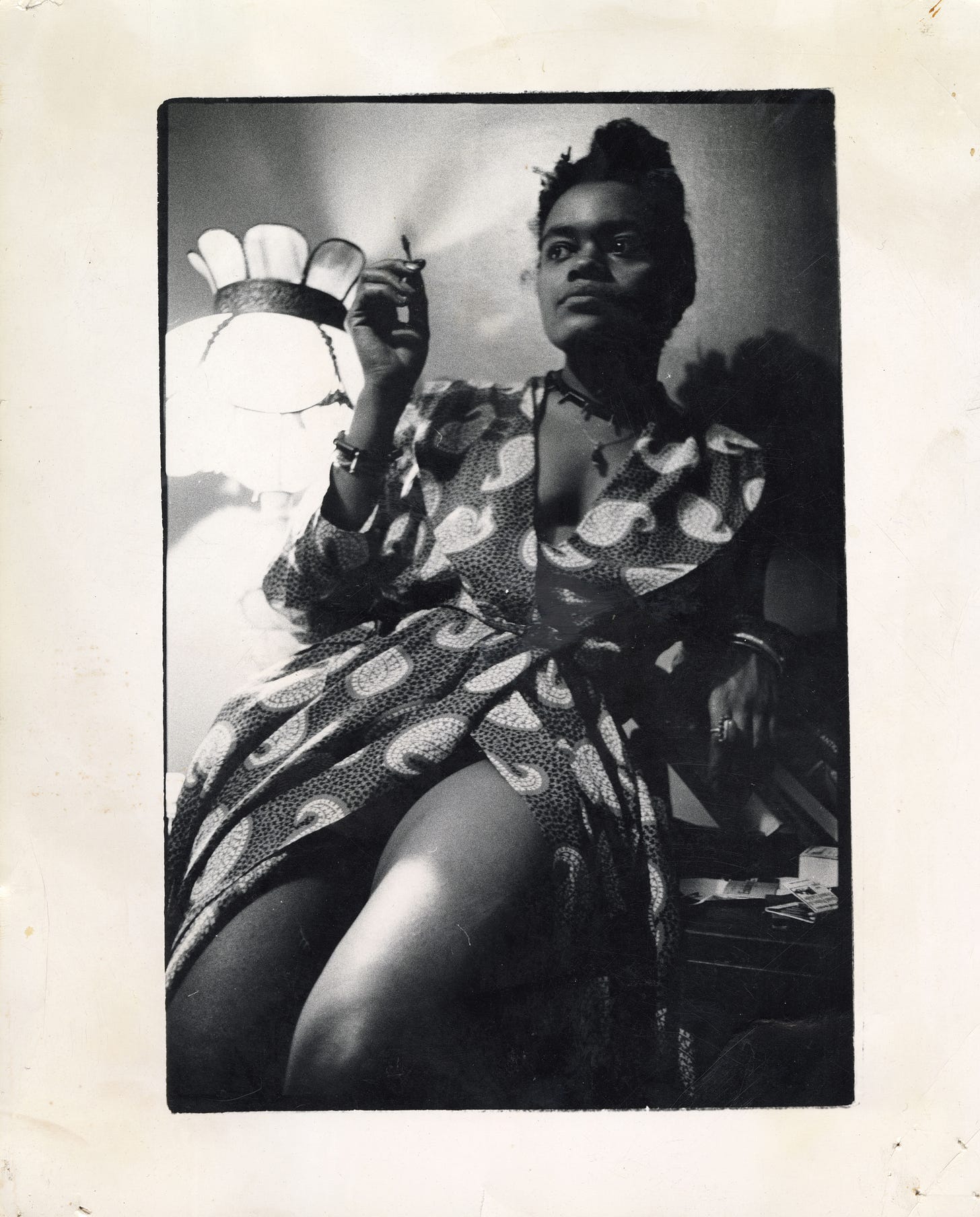Introducing the Memory Lab Capsule Collection
In addition, we explore the complexities of preserving feminist digital media and say hello to our new interns.
We all have stories we want to tell, but those stories often sit in trunks up in our attics without ever being fully realized. Our Pop-Up Memory Lab aimed to make those stories tangible and accessible.
Inspired by the original Memory Lab at the DC Public Library, we hosted individual digitization support appointments and workshops at Pen + Brush in June and July of 2023. Anyone could bring in their artifacts to be digitized. With dedicated time, space, tools, and staff expertise, these stories on the brink of obscurity have been brought to light. We digitized over 650 objects that included a range of original formats like VHS, slides, paper materials, and audio cassettes. We created six capsule collections from these items, the first of which is our Memory Lab Capsule Collection, a thoughtfully curated assemblage of what a memory lab can produce.

In line with our mission, we specifically wanted to empower those from marginalized groups to tell their stories. Participatory archiving is a core tenet of The Feminist Institute; stories should be told by those to whom they belong. Our work is inspired by feminist ethics of care that require being mindful of everyone involved in the archival process, from the subjects to the immediate community to the culture at large. Feminist archives allow those who have been kept in the shadows of society to see themselves in our history.

The landscape of preservation has gone through monumental changes over the past half-century. It no longer only looks like small groups of experts hidden away in libraries and museums. Activism, like the Civil Rights Movement and the Women’s Movement, in addition to the Digital Age, has ushered in a new era of collaboration and representation in preservation. Preservation is something anyone can participate in, as our Memory Lab demonstrates.

Our effort allowed over a dozen participants representing a diverse cross-section of New York City to share a lifetime's worth of experience. Most of our participants were over the age of 65. Many people view the archival process as something in the past, but as one of our participants articulated, teaching younger generations about the importance of their archives in the here and now is vital to creating an intergenerational conversation about our collective feminist legacy.
Written by DK Rule, Archives and Special Projects Intern
On Jezebel and Feminist Digital Preservation
This month saw the shuttering and resurrection of feminist blog extraordinaire Jezebel. Launched in 2007 as a part of Gawker Media, Jezebel ushered in an era of heightened feminist consciousness and arguably led to the creation of other noteworthy (and notably, now defunct) feminist websites such as Broadly, Lenny Letter, and The Hairpin.
How can memory workers and journalists keep critical web-based feminist resources protected over time? Though it’s often said that the internet lasts forever, the truth is often much more complicated and a massive impetus for our newest initiative, Preserving the Feminist Internet. Marie Williams Chant, our Director of Archives and Special Projects, wrote more about the topic on our blog.
Meet the 2023-24 TFI Interns
Each year, The Feminist Institute is lucky to work with talented interns from the CUNY Cultural Corps program. We are thrilled to be working with Fabianna Fuentes Mosqueda and DK Rule this academic year.

Our interns are integral to our organization, helping process and catalog collections, contributing to our digital humanities projects, and creating social media content. You can learn more about their backgrounds and their connections to TFI’s work on our website.



